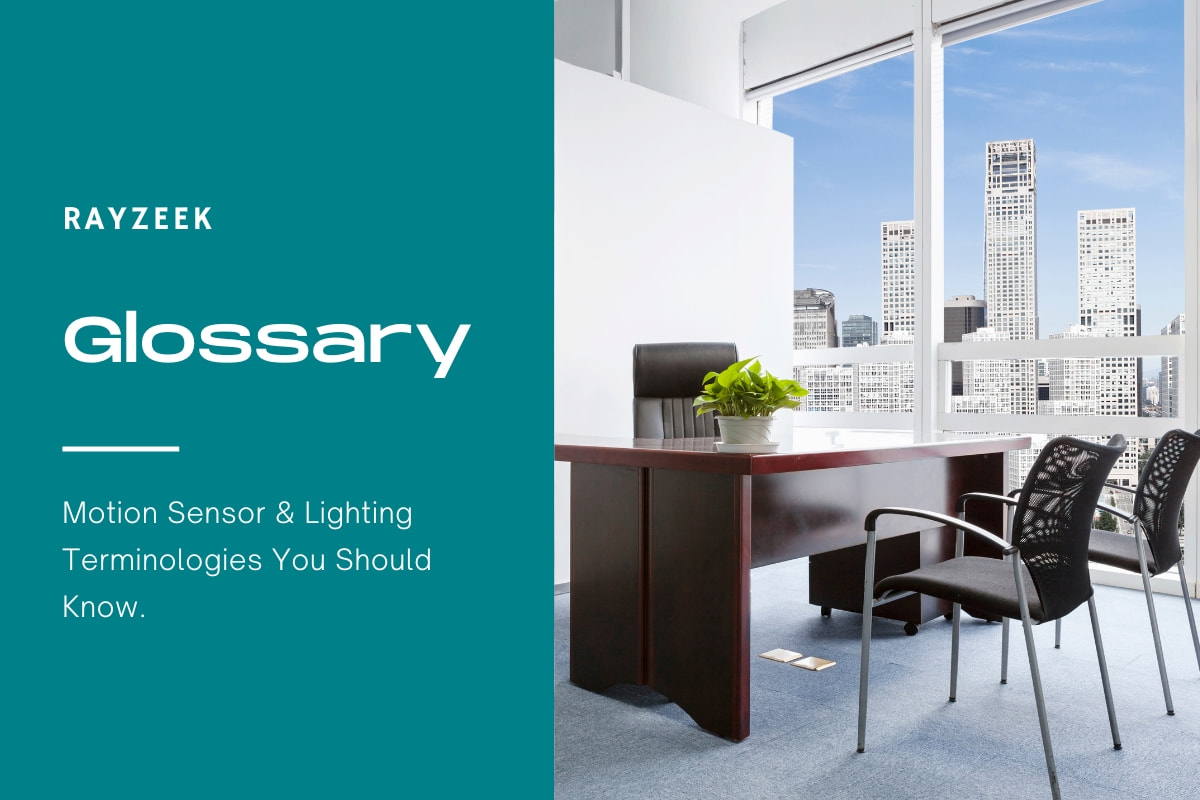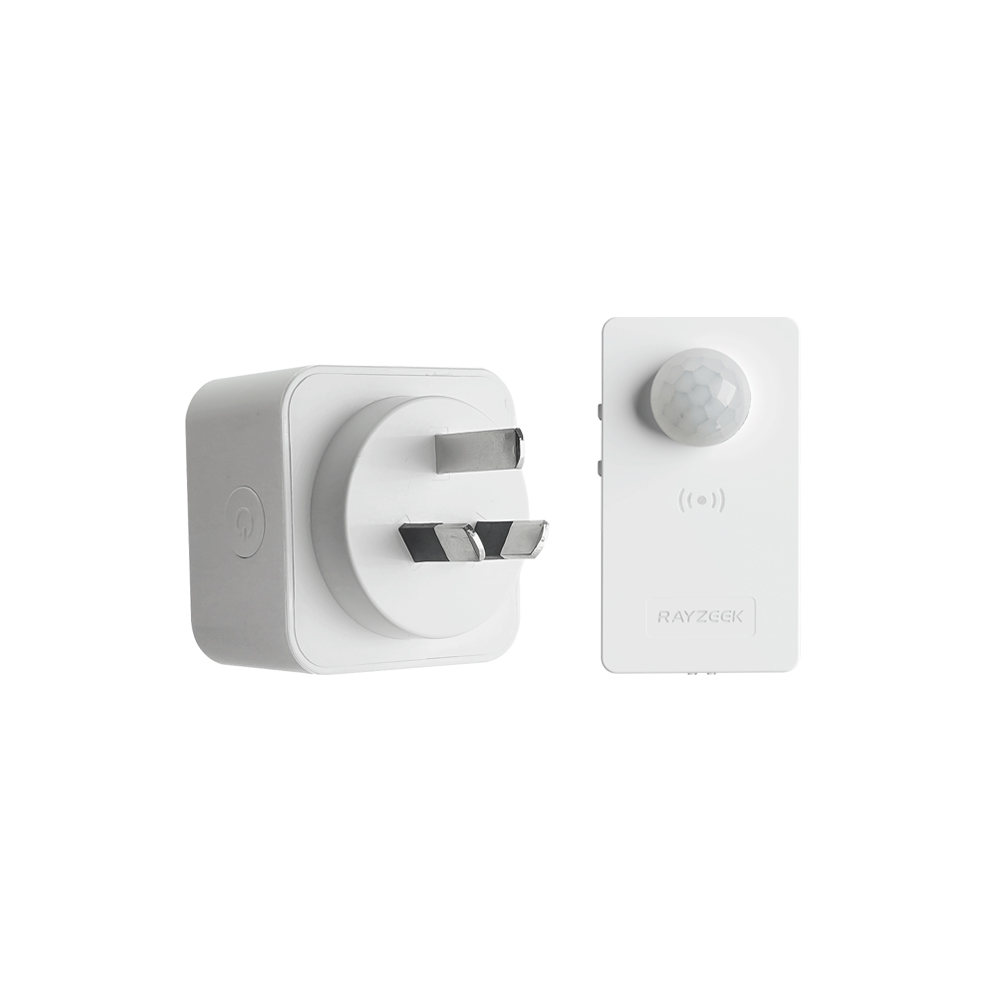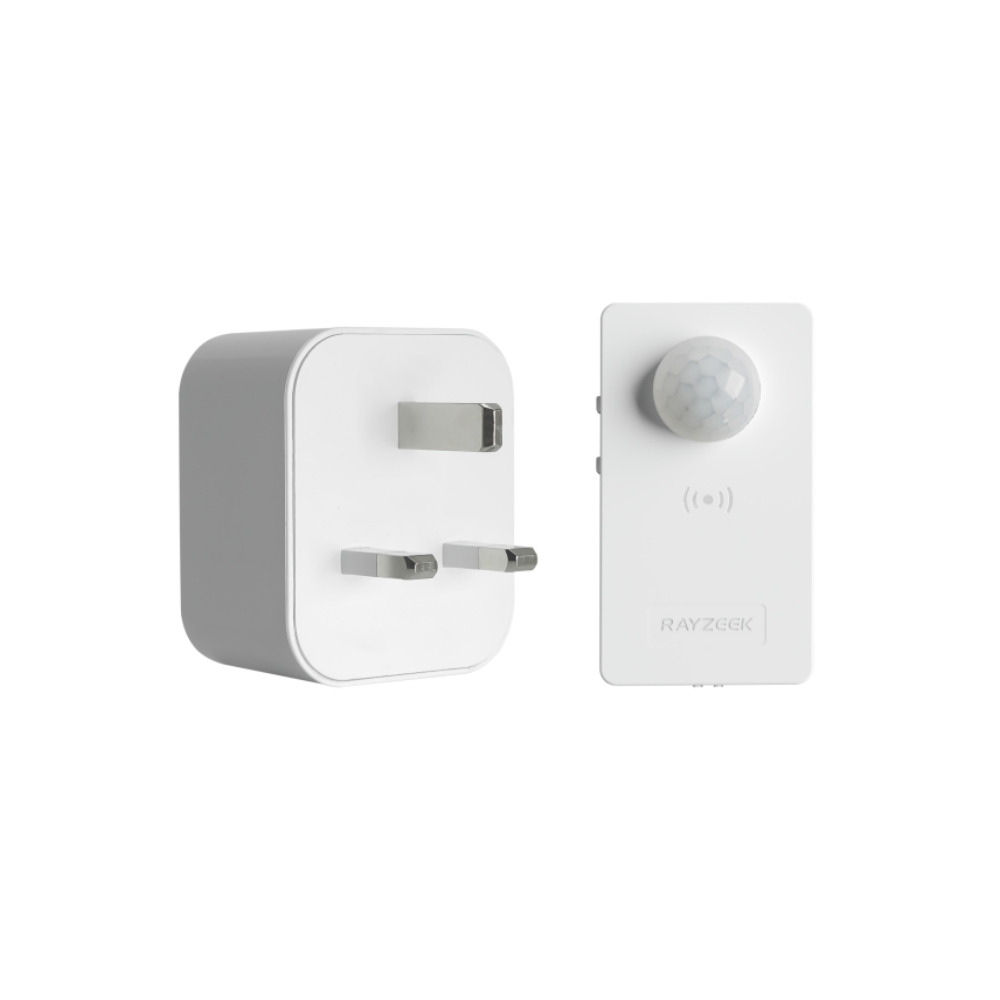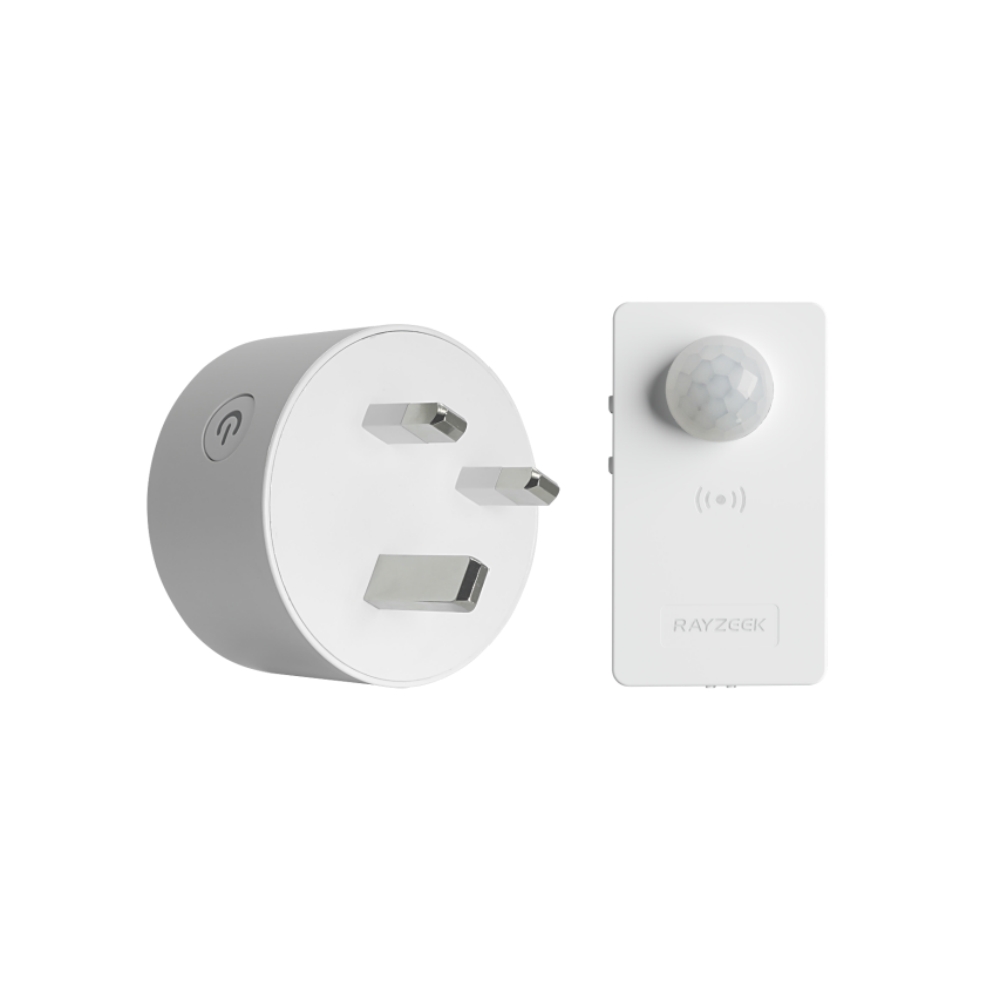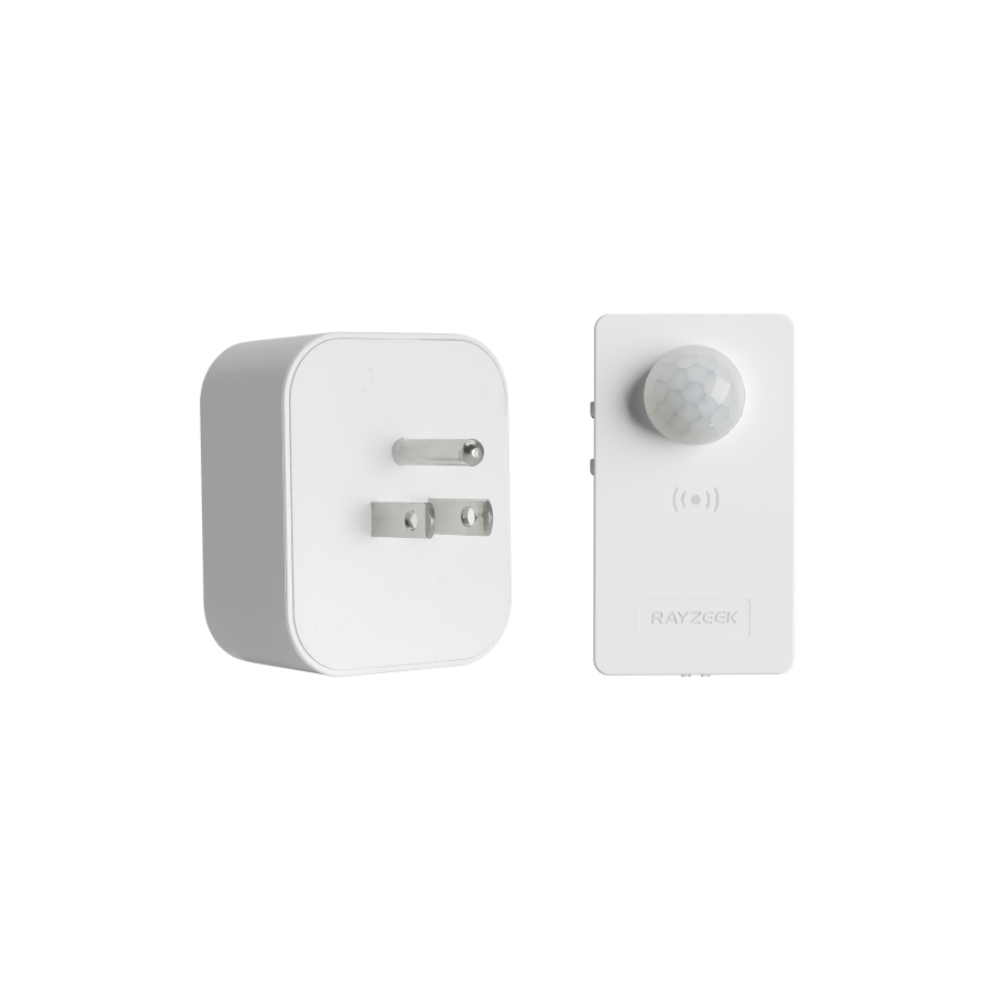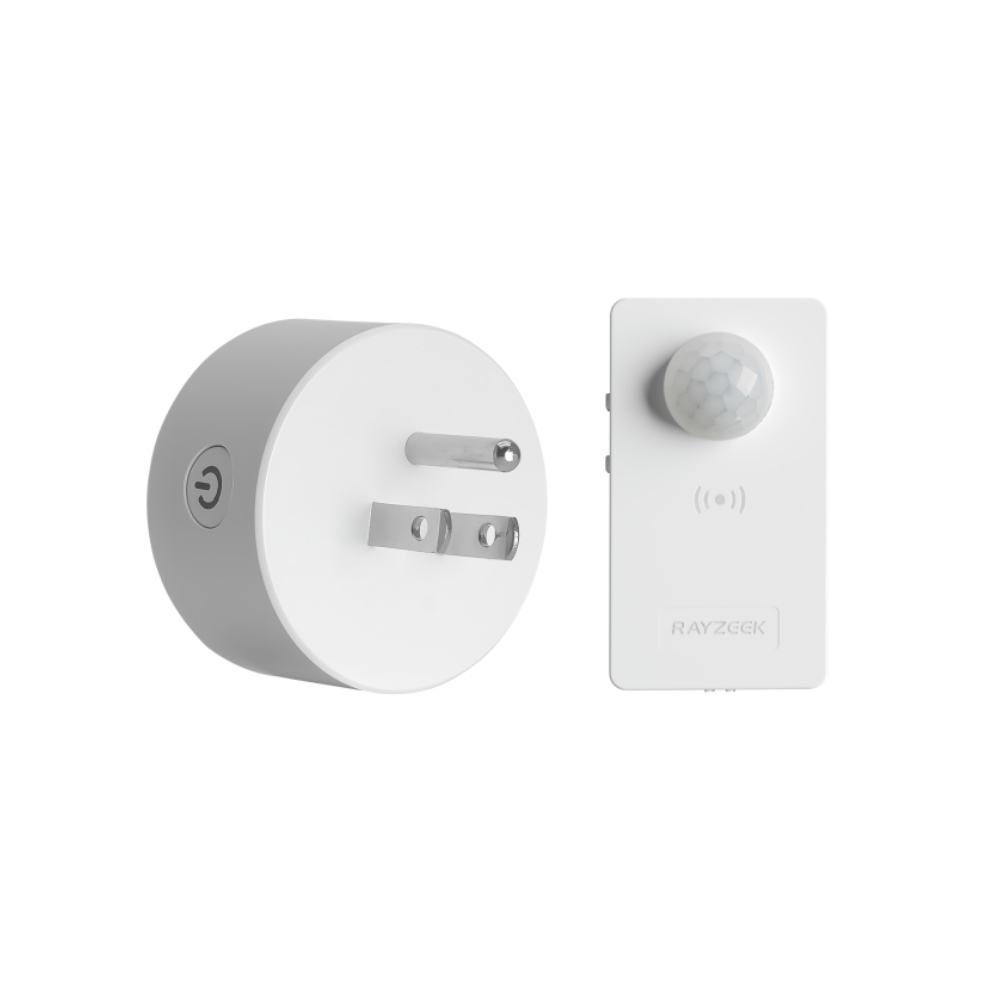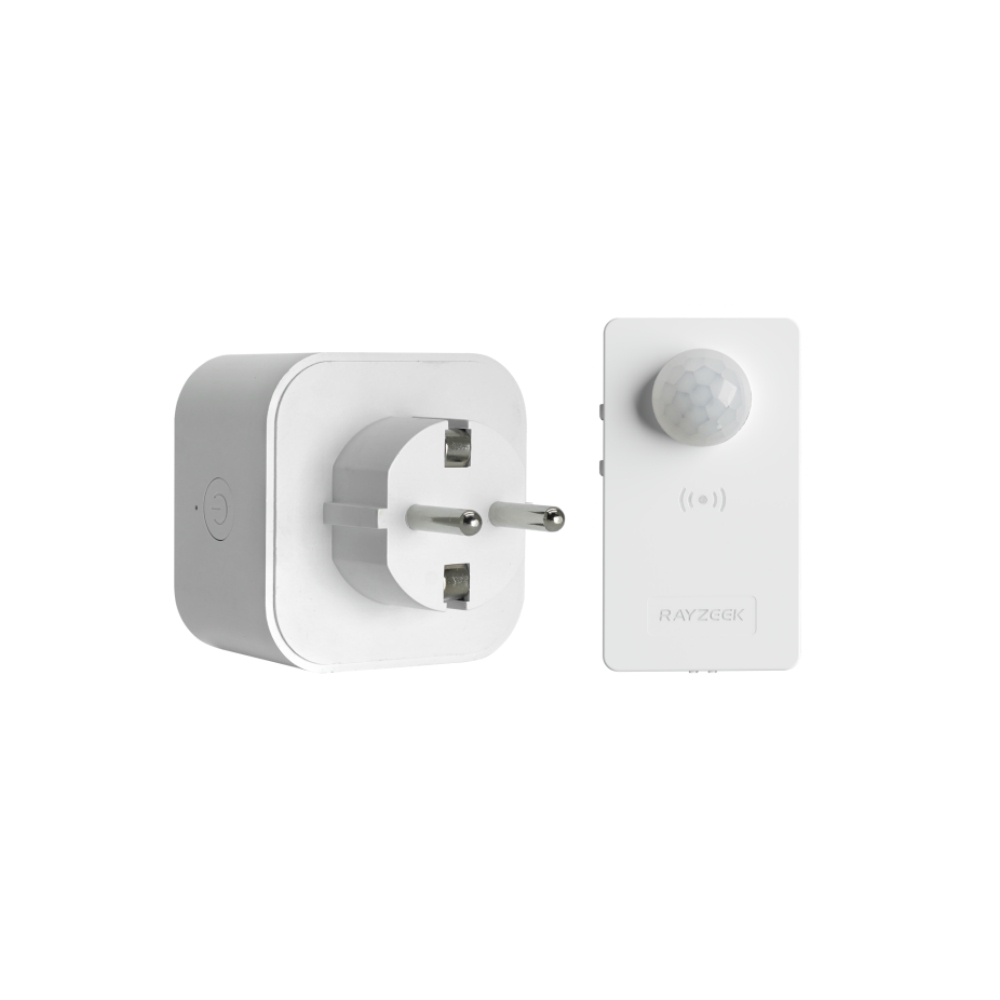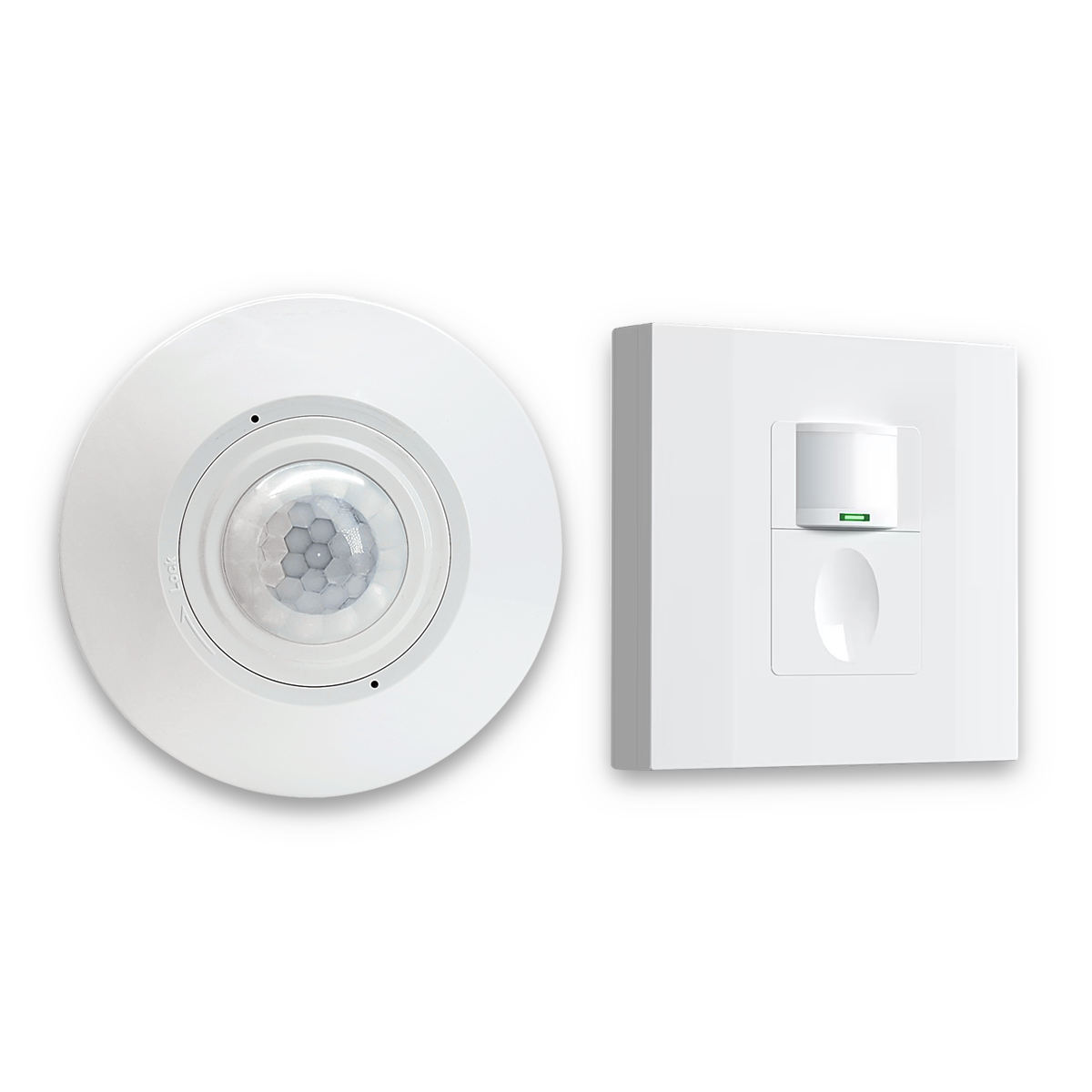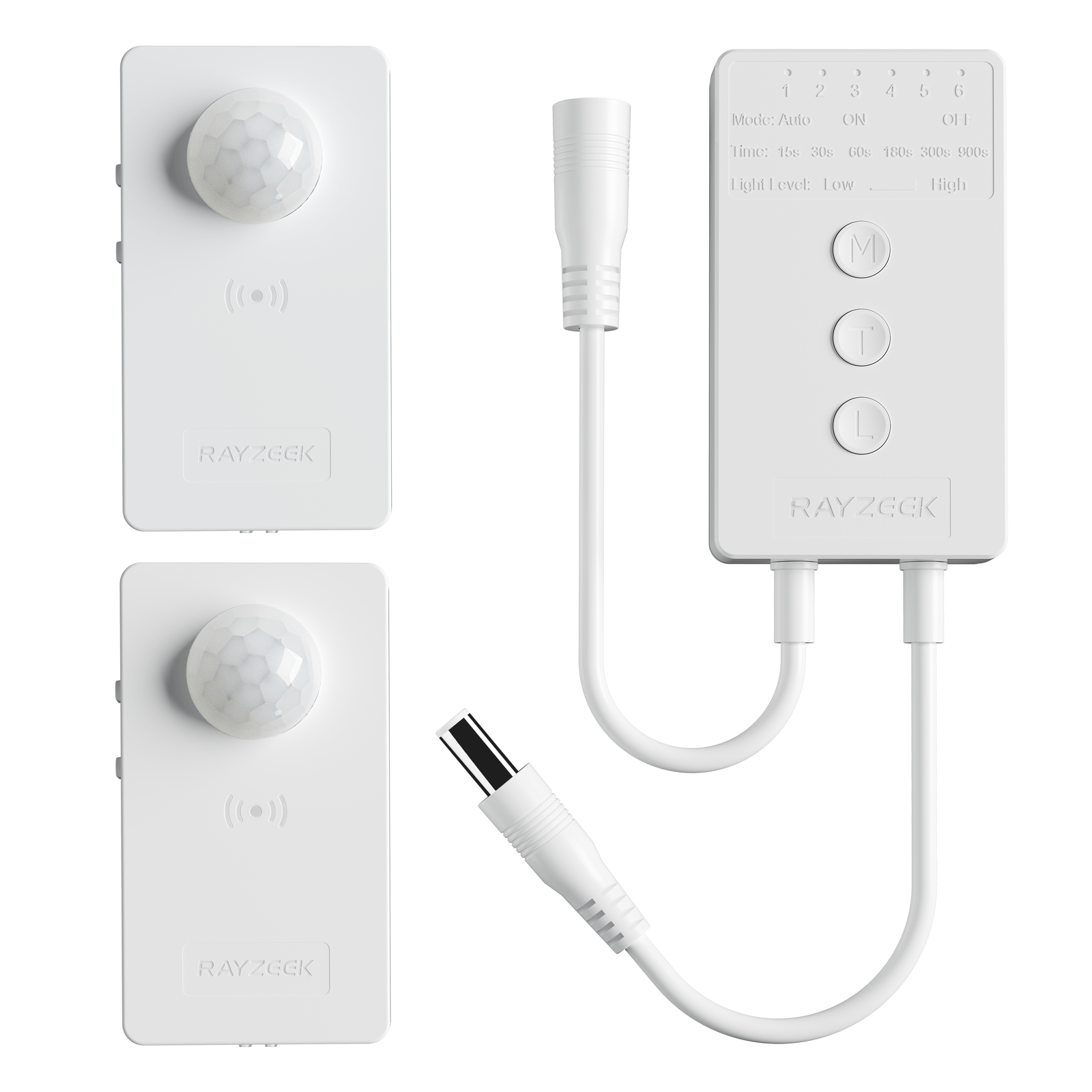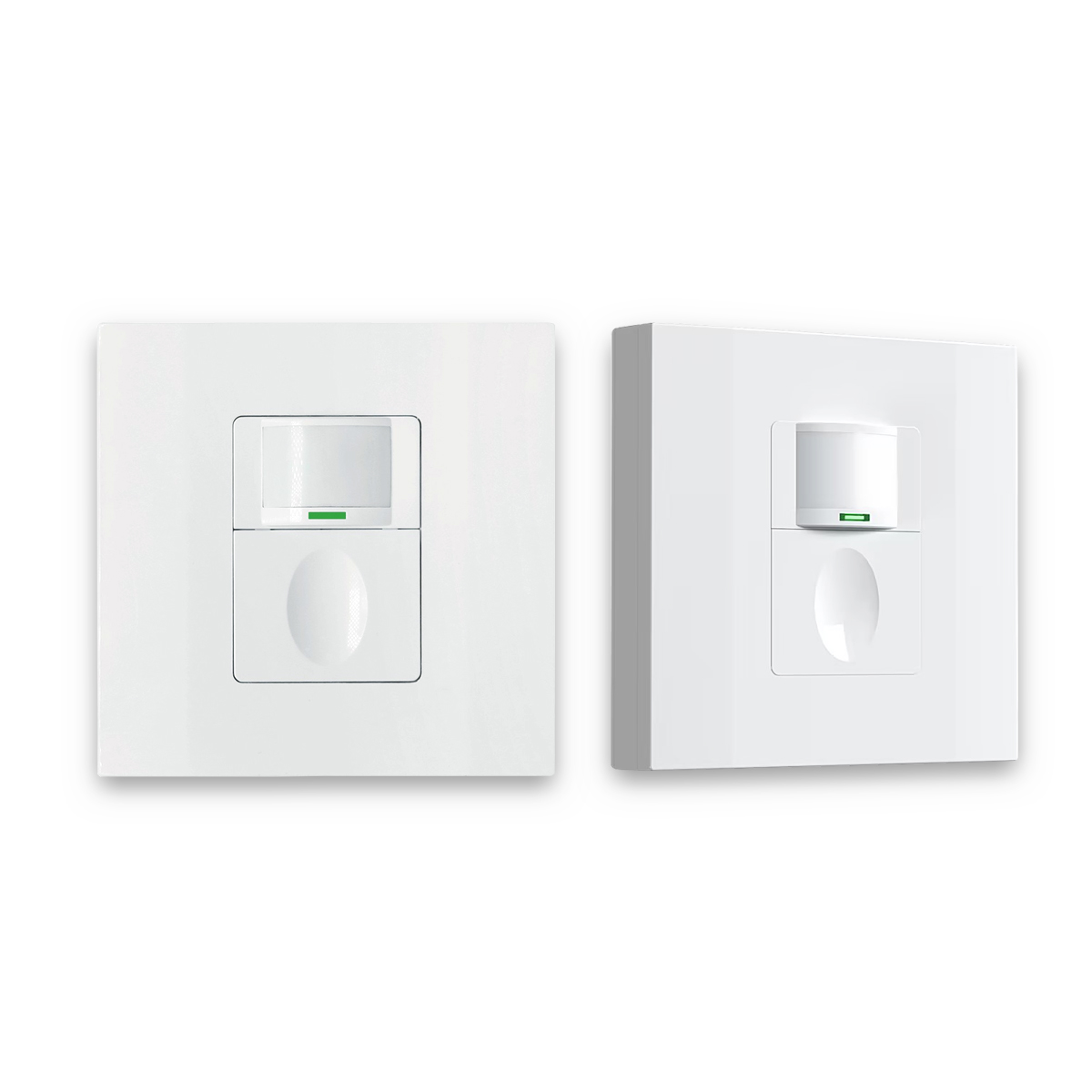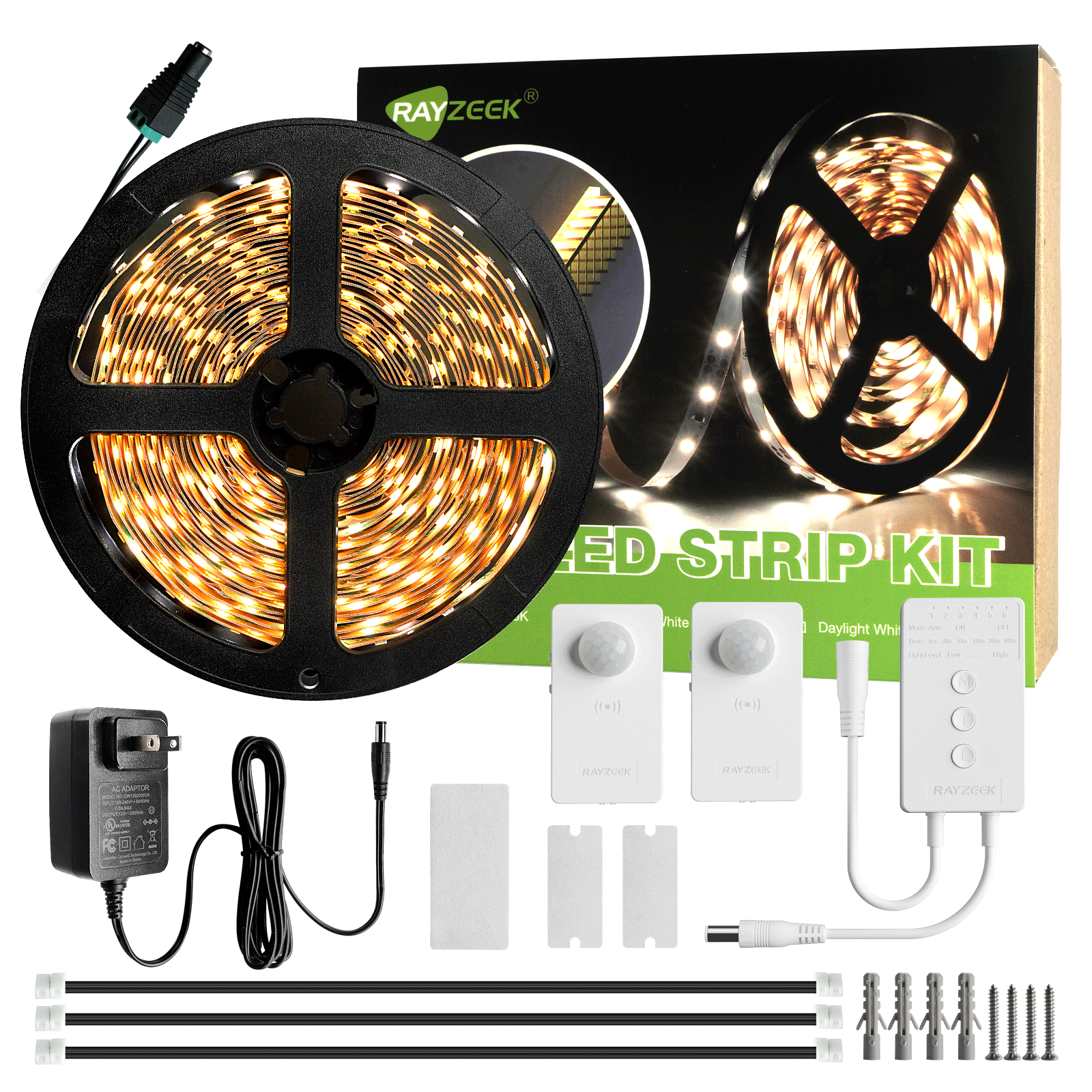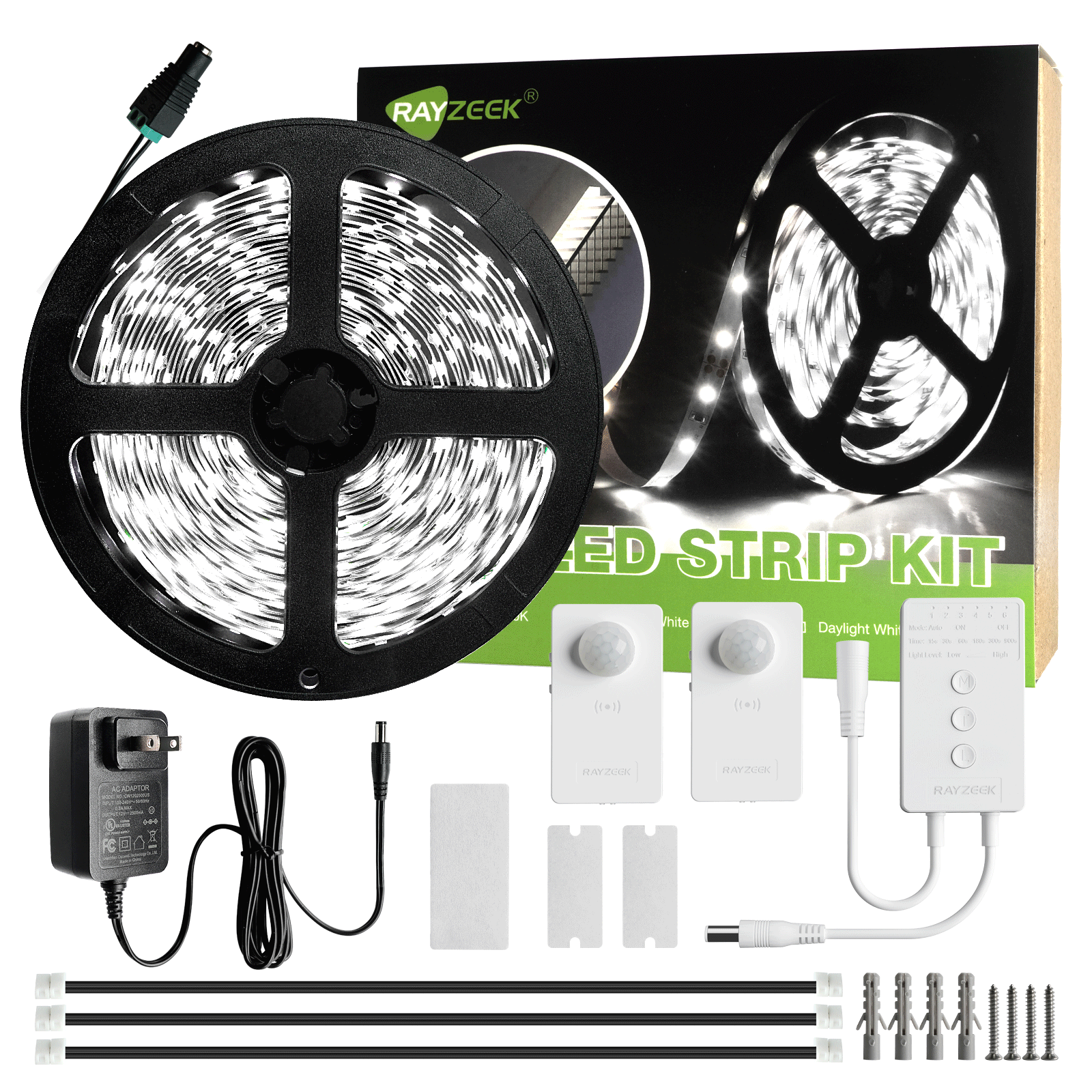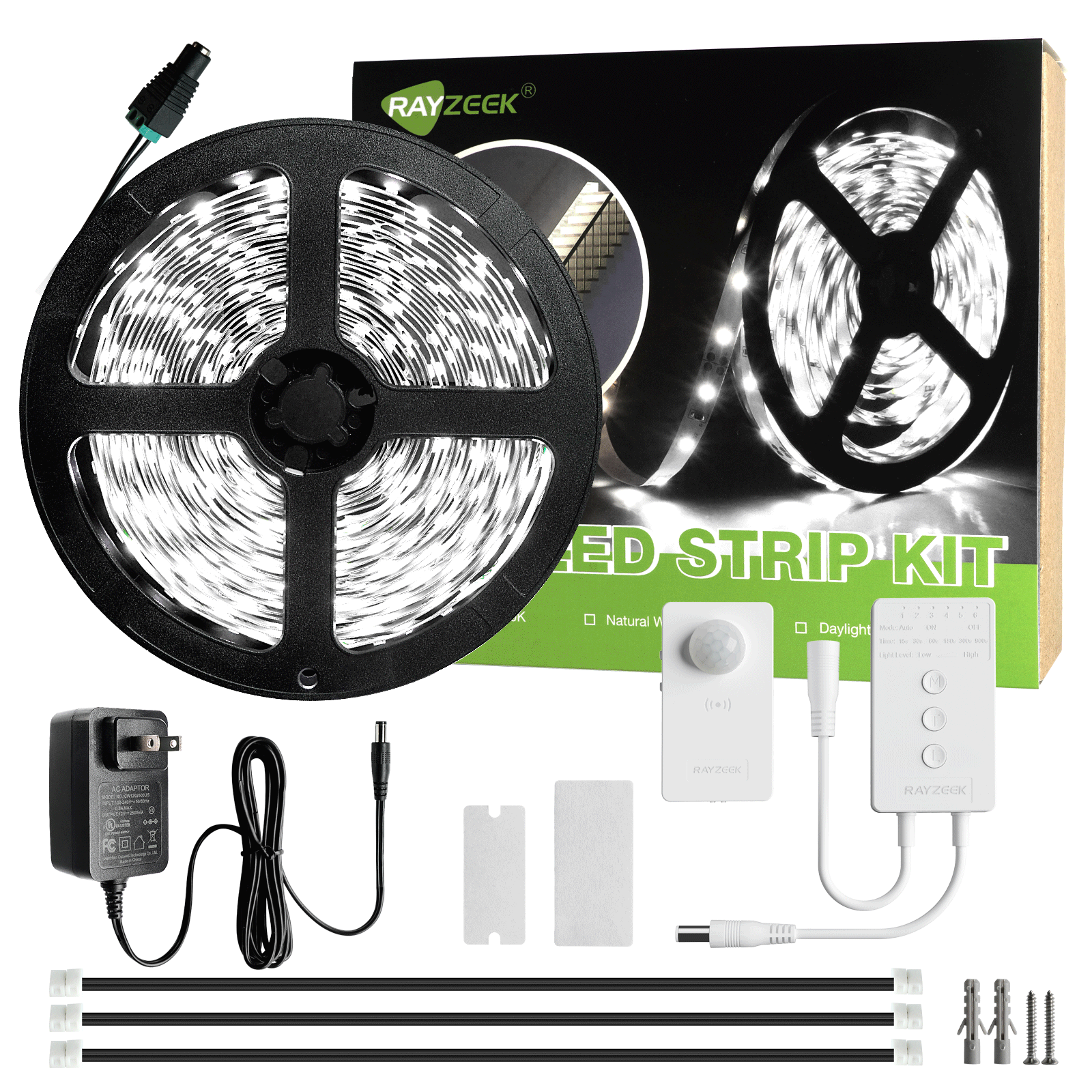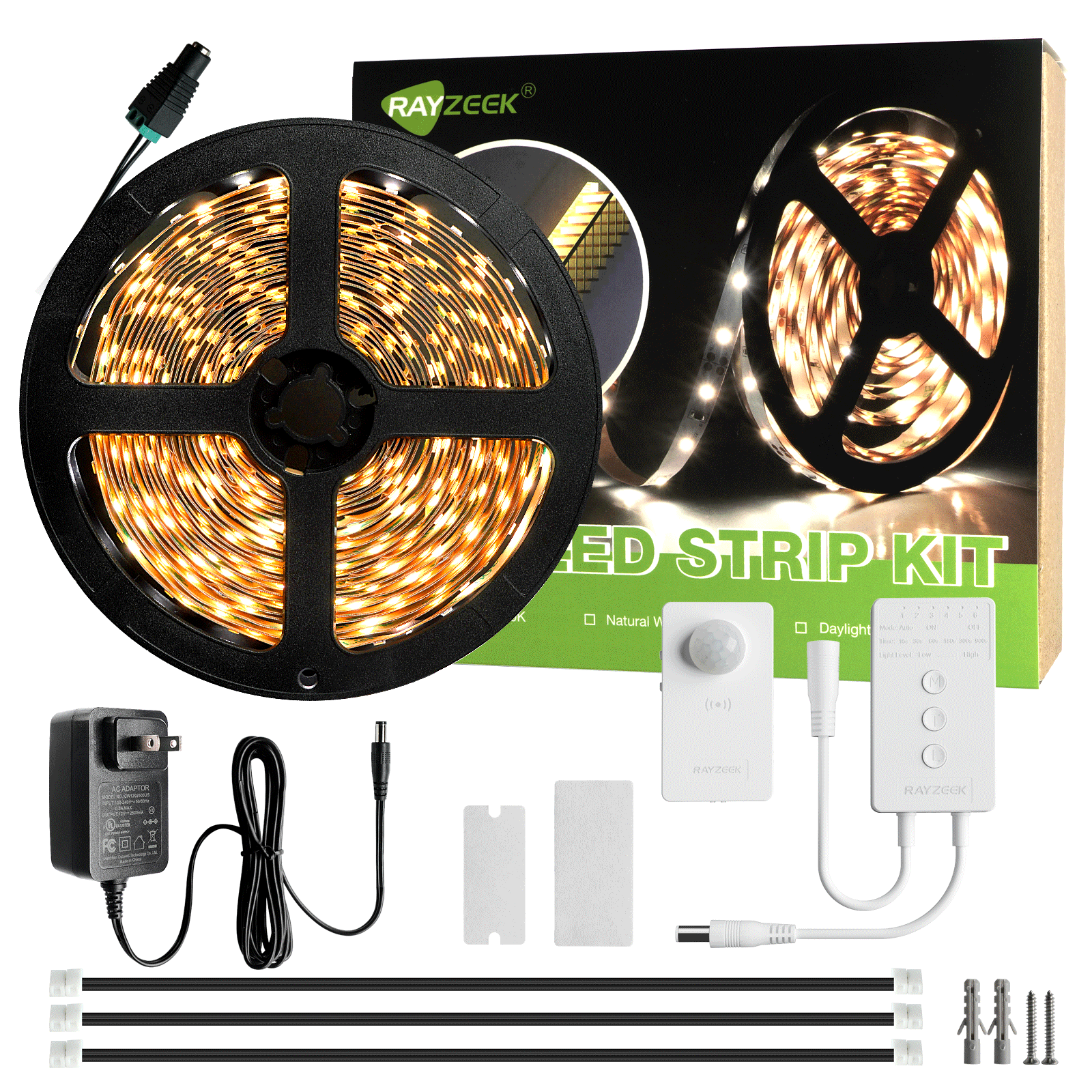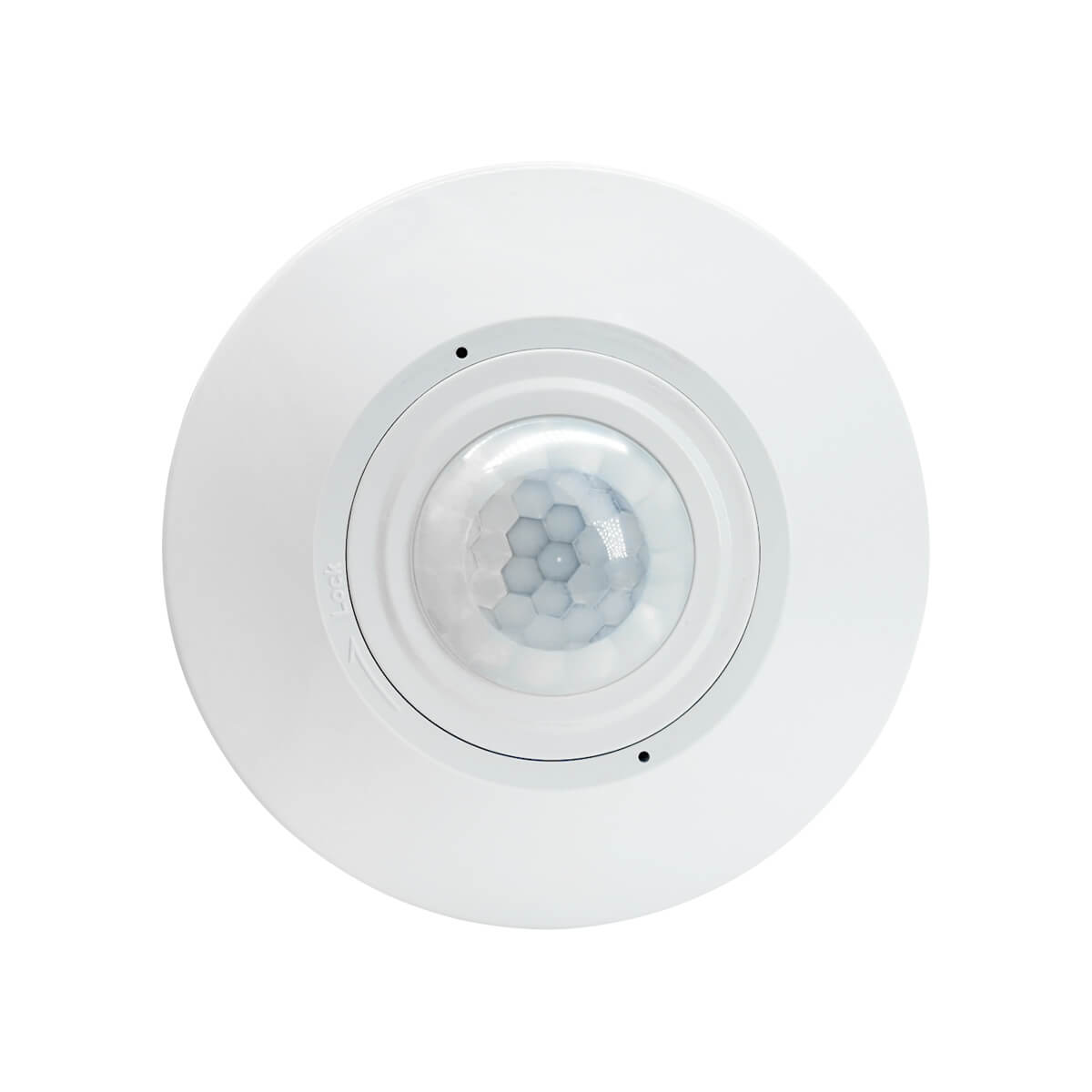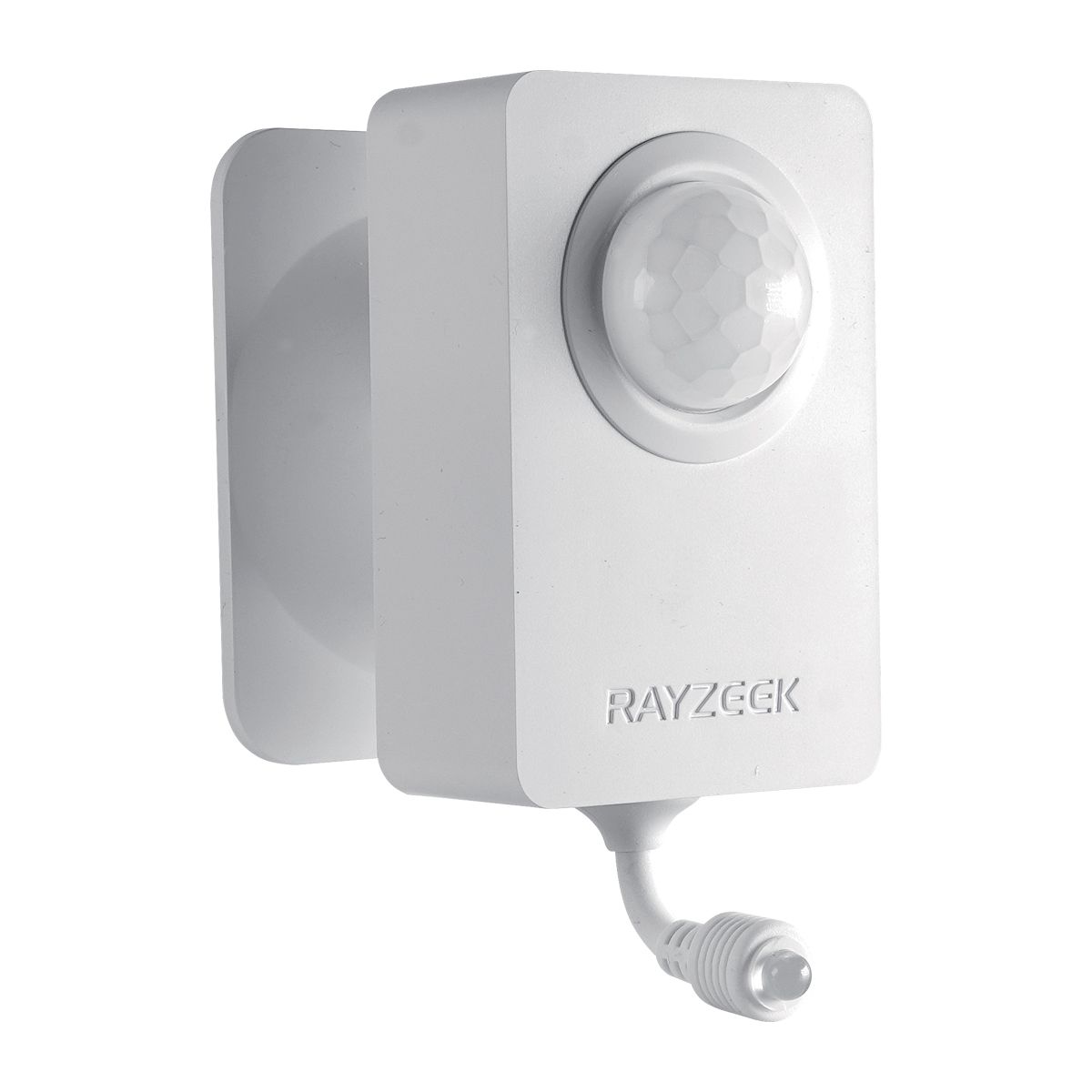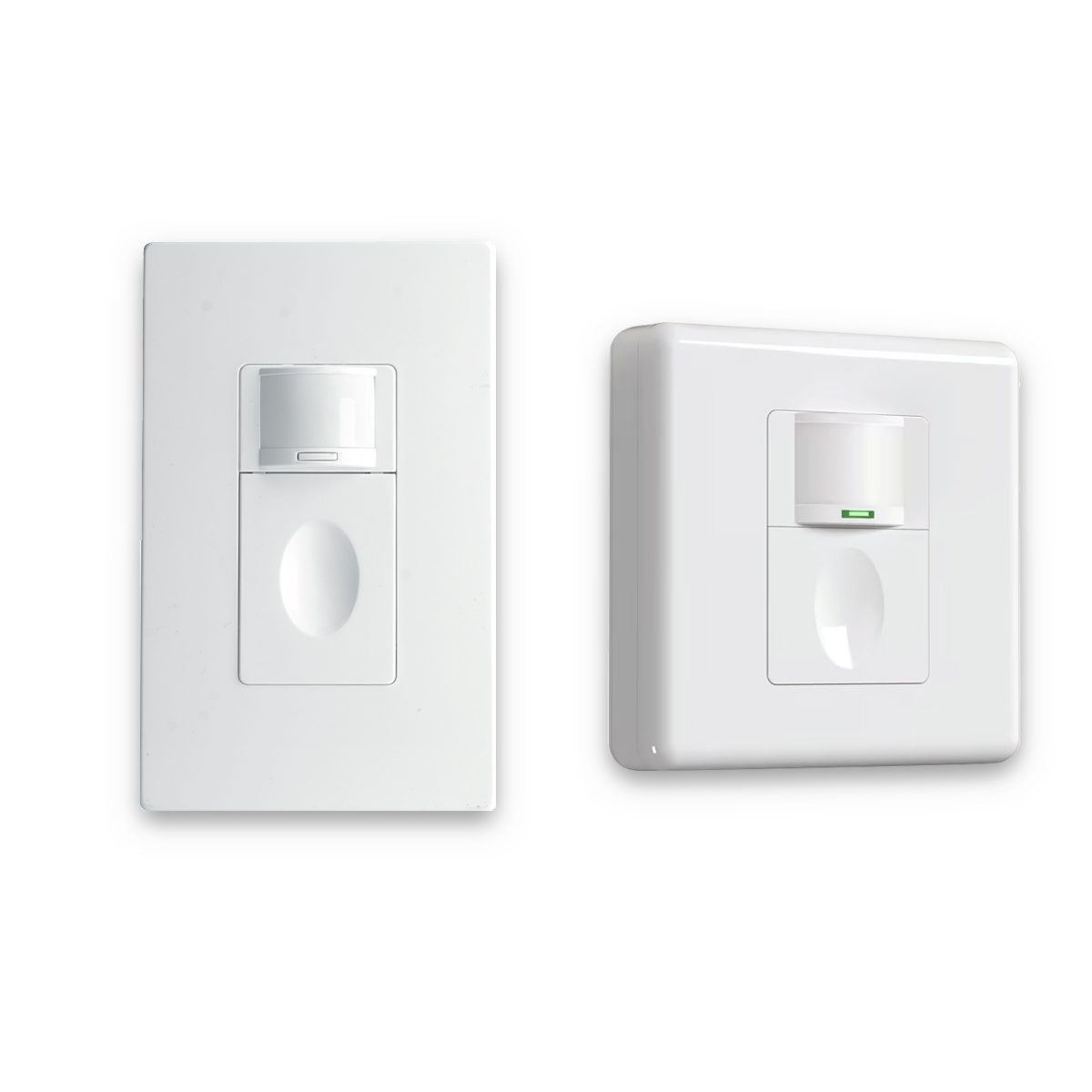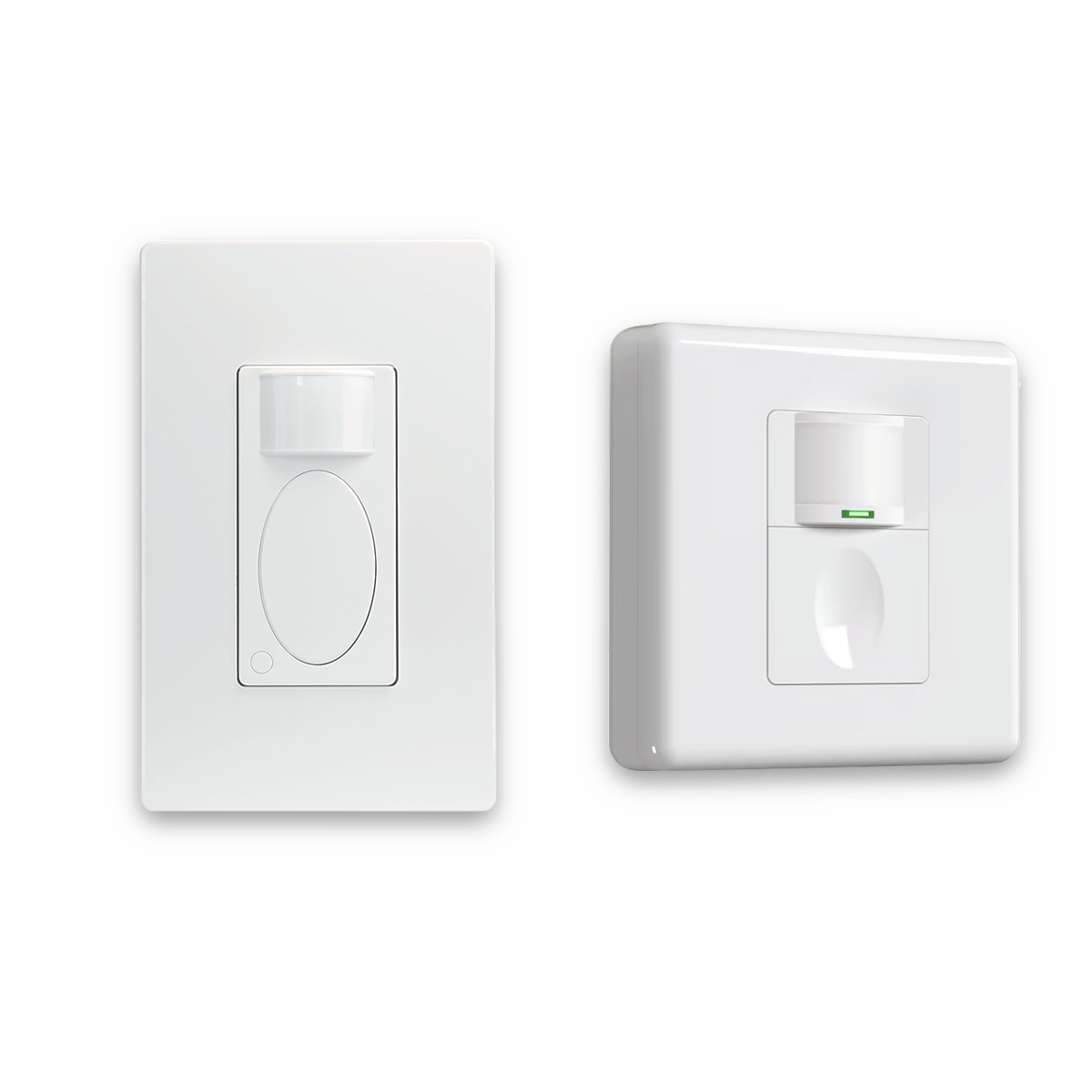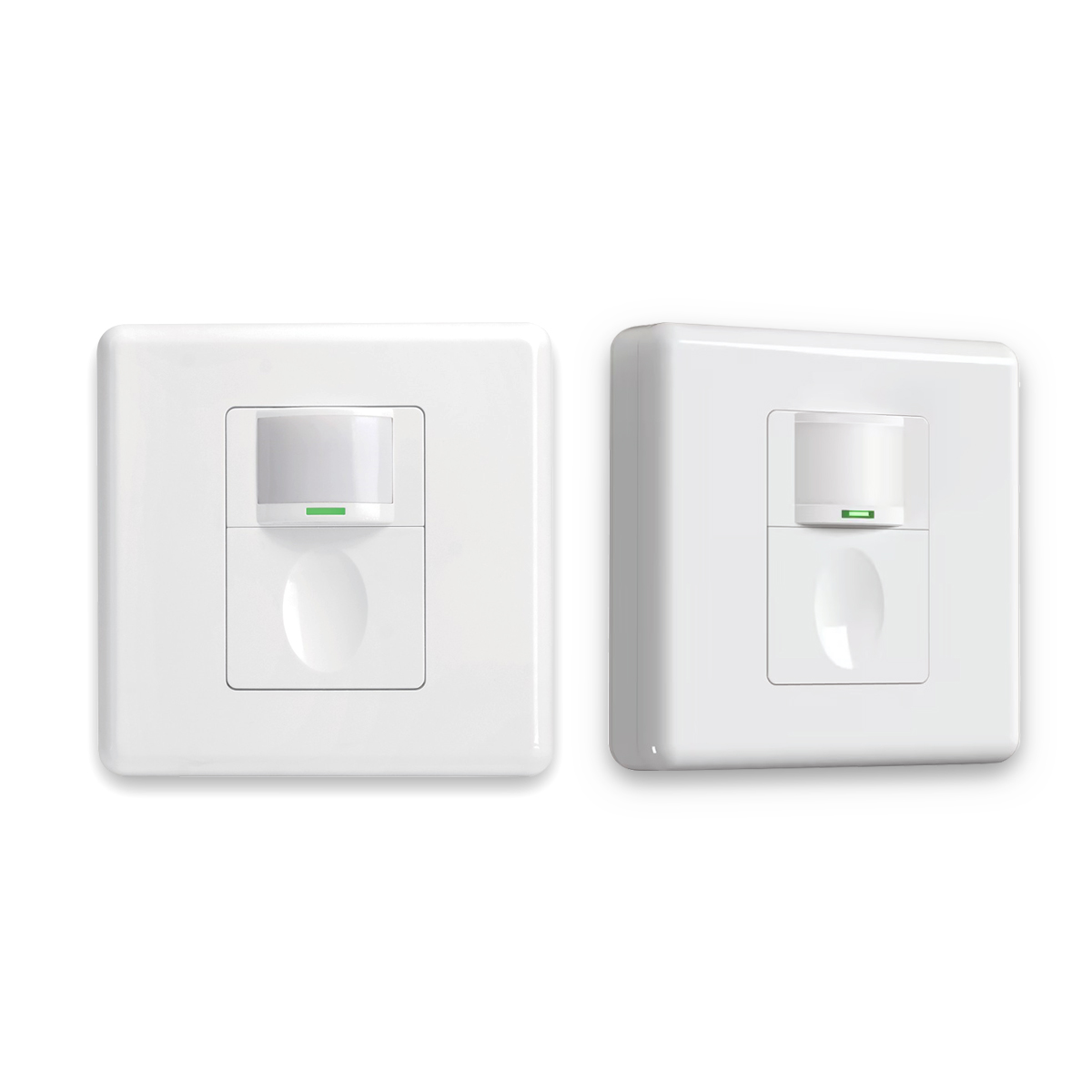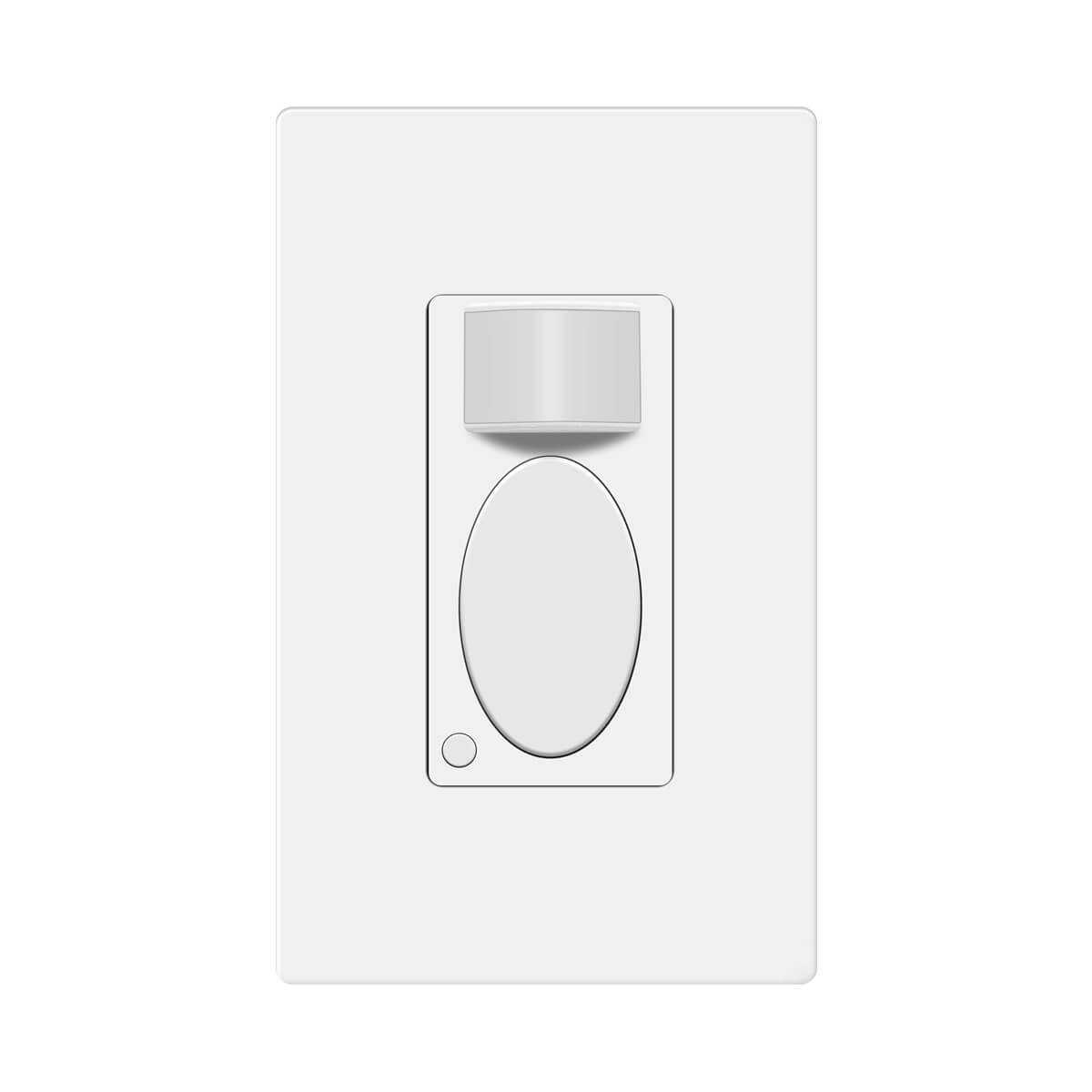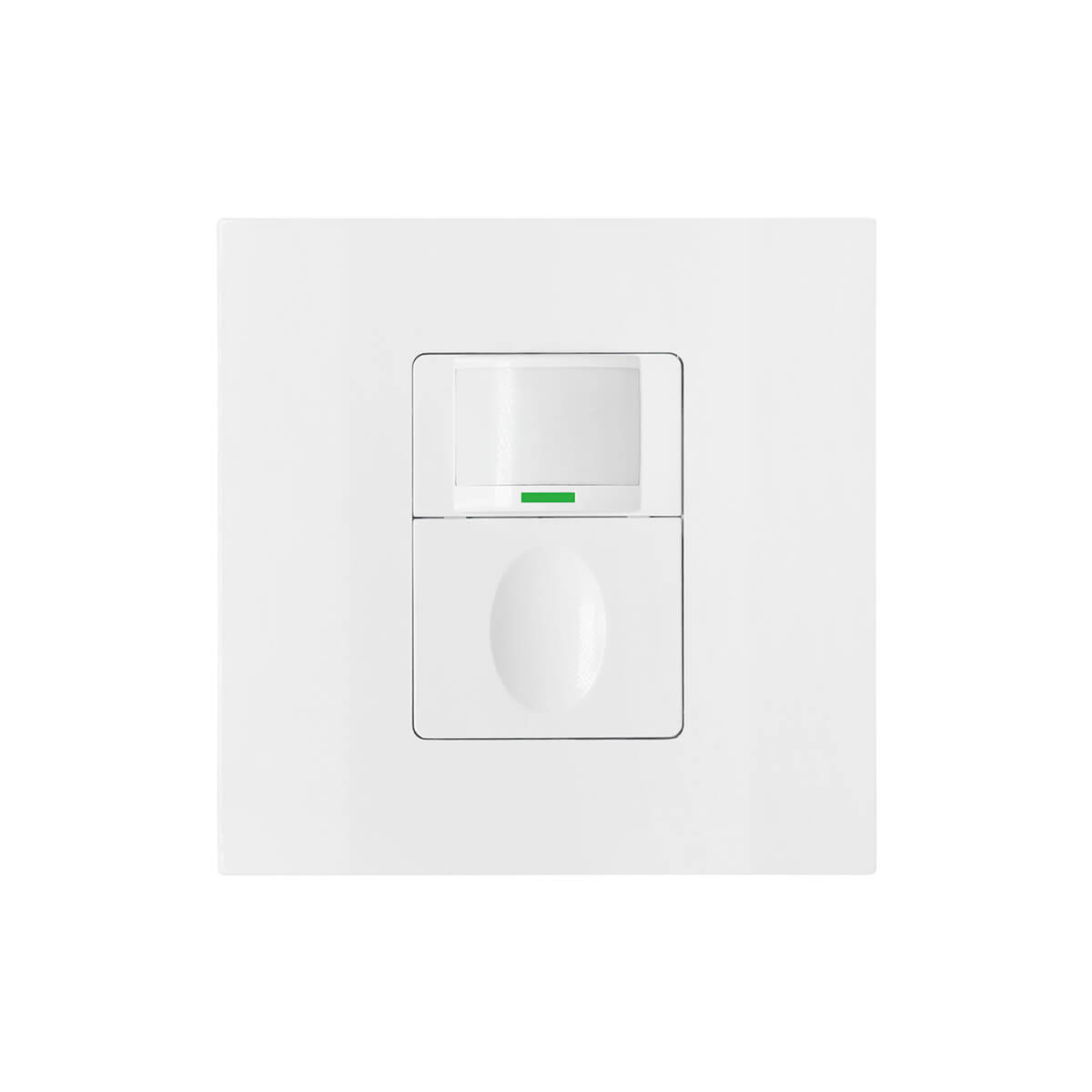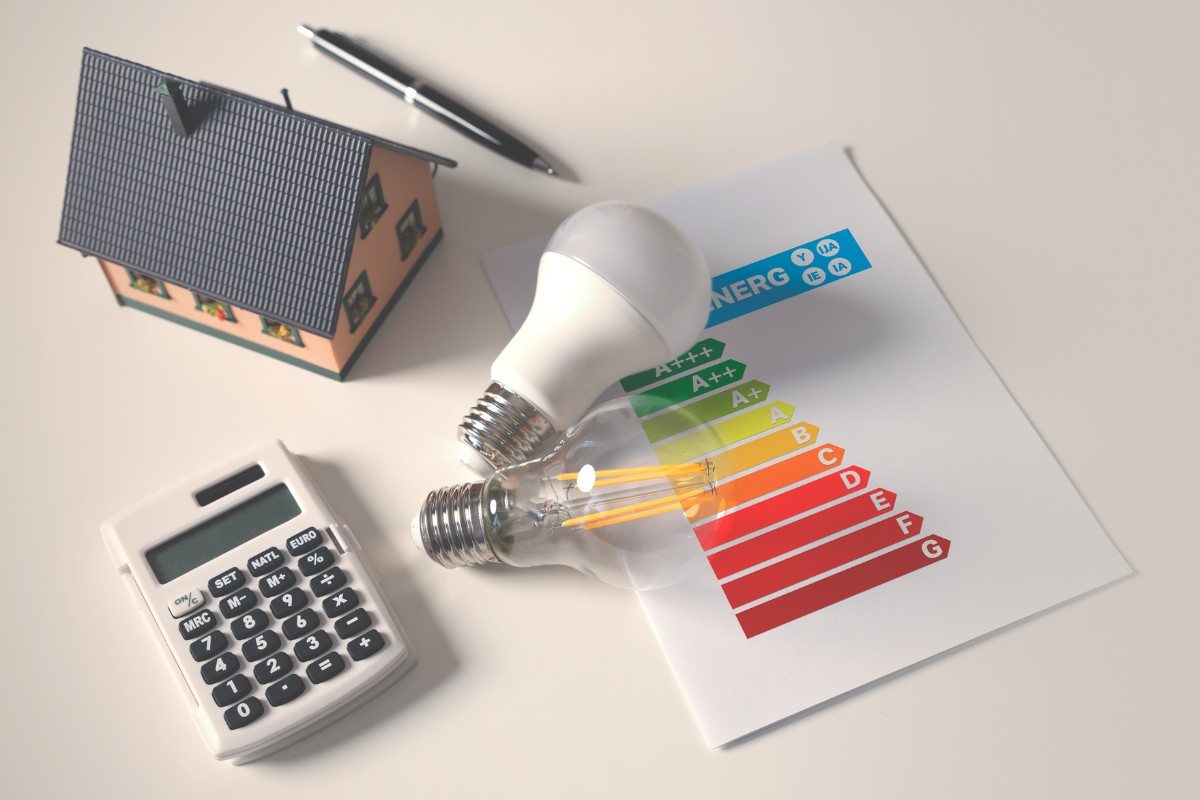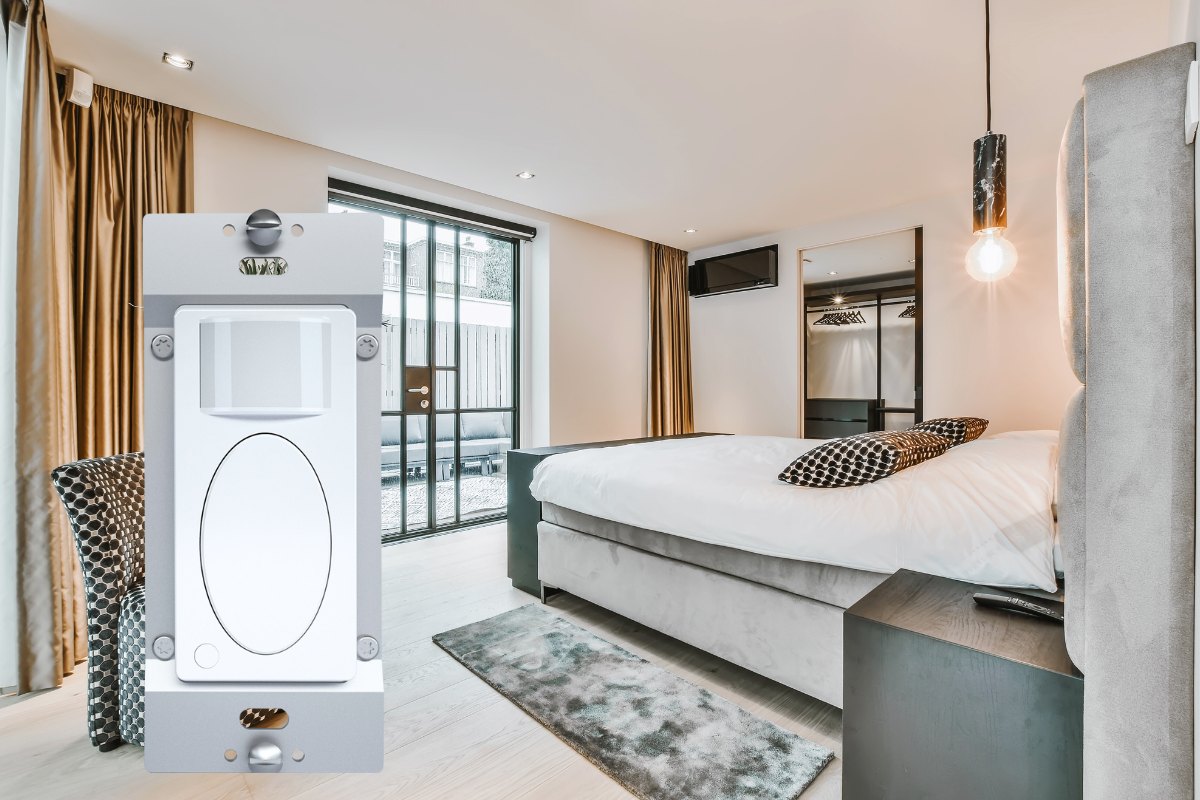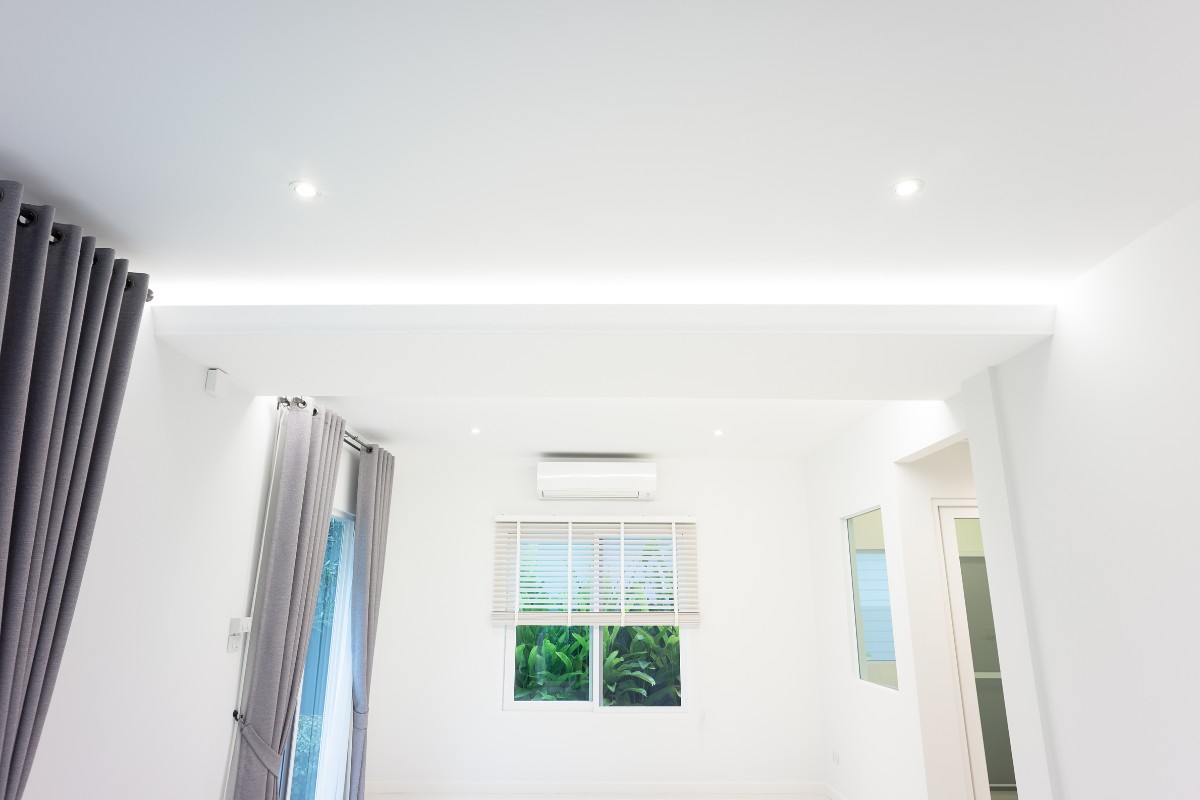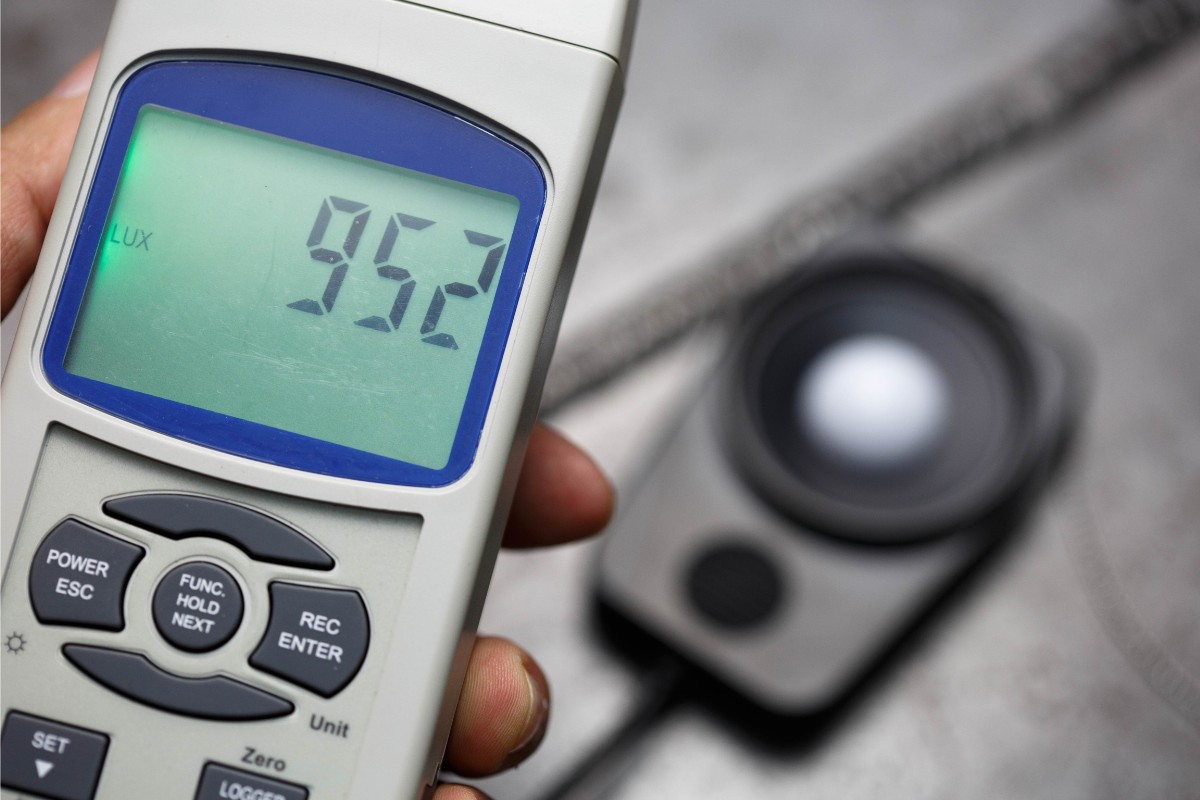What is Low-Pressure Sodium (LPS) Lamp
A Low-pressure sodium (LPS) lamp, also known as a Sodium oxide (SOX) lamp, is a type of lighting fixture which operates by passing an electric current through a mixture of sodium vapor and a noble gas, such as neon or argon, at low pressures and temperatures. LPS lamps are characterized by their unique yellow-orange light output, which is primarily emitted at a wavelength of 589.3 nanometers. This monochromatic light is highly efficient and has a high luminous efficacy, meaning that it produces a significant amount of visible light per unit of electrical power consumed.
Get Inspired by Rayzeek Motion Sensor Portfolios.
Doesn't find what you want? Don't worry. There are always alternate ways to solve your problems. Maybe one of our portfolios can help.
LPS lamps are known for their long lifespan, with some lamps lasting up to 18,000 hours. This makes them ideal for applications where maintenance and replacement costs are a concern. However, they have some limitations. LPS lamps have a relatively slow warm-up time, taking several minutes to reach full brightness. Additionally, their monochromatic light output can make it difficult to accurately perceive colors, making them unsuitable for applications that require color rendering, such as retail or art galleries.
In terms of energy efficiency, LPS lamps are highly efficient in converting electrical power into visible light. They have a high efficacy of around 150 lumens per watt, making them one of the most efficient sources of lighting available. However, they are not suitable for all lighting applications due to their specific color output and limitations in color rendering.

